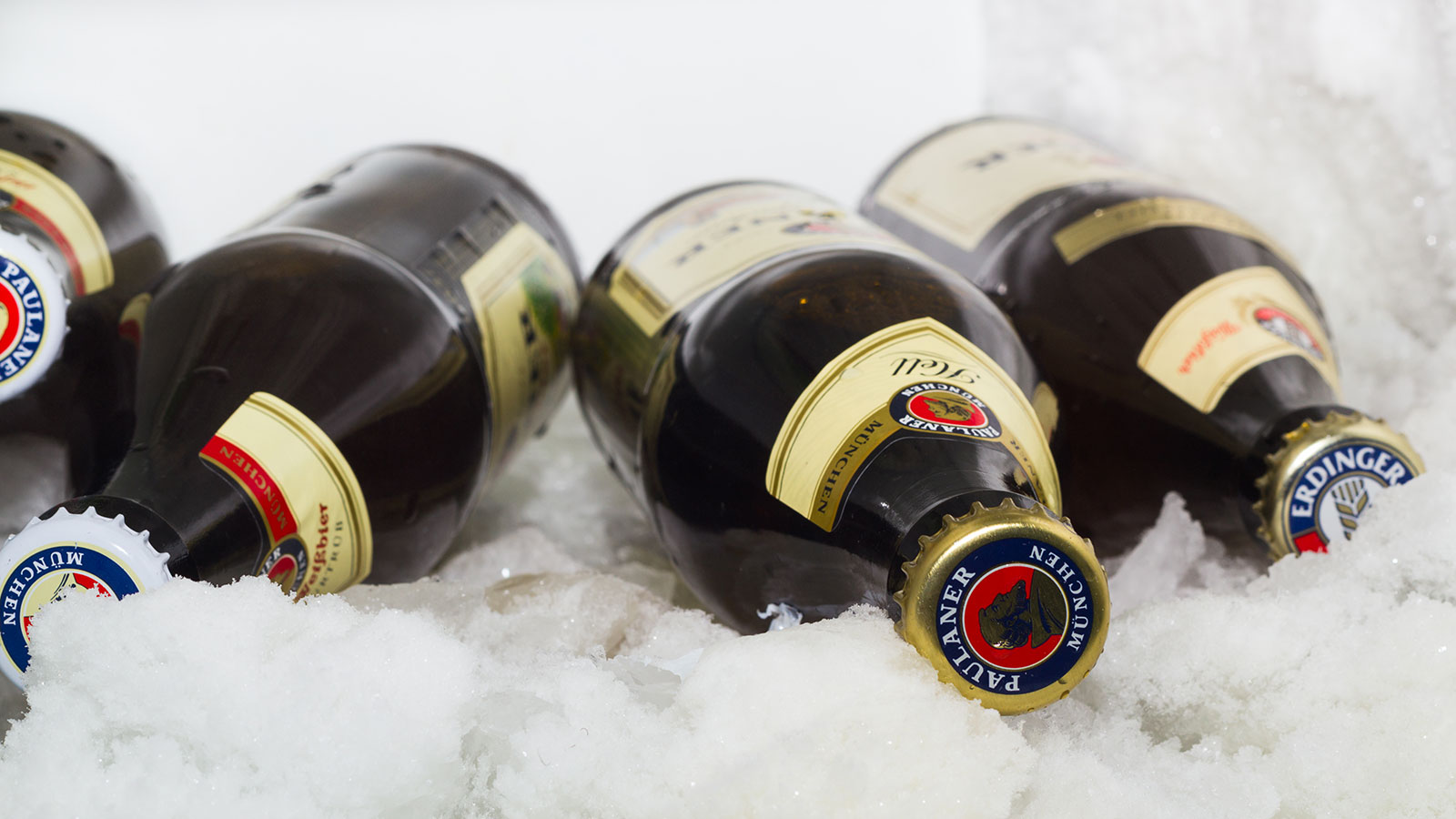

Articles
How Long Can You Keep Alcohol In The Freezer
Modified: February 27, 2024
Discover how long you can safely store alcohol in the freezer. Read this informative article to ensure your drinks are chilled and ready for any occasion.
(Many of the links in this article redirect to a specific reviewed product. Your purchase of these products through affiliate links helps to generate commission for Storables.com, at no extra cost. Learn more)
Introduction
Freezing alcohol is a common practice for many individuals who want to keep their favorite spirits chilled for longer periods of time. Whether it’s a bottle of vodka, rum, or a fine bottle of wine, freezing can help maintain the desired temperature and preserve the taste. However, there are certain factors to consider before freezing alcohol, as not all types of alcohol can withstand the freezing process. In this article, we will explore the different aspects of freezing alcohol, including the types of alcohol that can be safely frozen, how long you can keep alcohol in the freezer, signs of spoiled or frozen alcohol, best practices for freezing and storing, and alternative methods for chilling alcohol.
Key Takeaways:
- Freezing alcohol can extend its shelf life, but not all types are suitable. Hard liquors like vodka and rum can be safely frozen, while wines and liqueurs may not withstand the process well.
- Alternative methods like using an ice bucket or chilling sleeves offer convenient ways to chill alcohol without compromising its taste or quality. Experiment with these techniques to find the best option for your favorite drink.
Factors to Consider Before Freezing Alcohol
Before you decide to freeze your favorite bottle of alcohol, it’s important to consider a few factors to ensure that the process is safe and will not impact the quality of the drink. Here are some key factors to keep in mind:
- Alcohol Content: The alcohol content plays a significant role in determining whether or not a specific type of alcohol can be safely frozen. Generally, spirits with higher alcohol content, such as vodka and rum, can be safely frozen without affecting their flavor or consistency. However, wines and fortified spirits may not freeze well due to their lower alcohol content and additional ingredients.
- Bottle Type: The type of bottle or container in which the alcohol is stored can also impact its ability to withstand freezing. Glass bottles are typically safe for freezing, but plastic bottles may not be as resilient and could potentially crack or deform in low temperatures.
- Seal Quality: The seal on the bottle should be intact and secure to prevent any leakage or contamination during the freezing process. Ensure that the cap or cork is tightly sealed before placing the alcohol in the freezer.
- Freezer Temperature: It’s crucial to maintain a consistent and appropriate freezer temperature to ensure the quality of the alcohol. Ideally, the freezer should be set at or below 0 degrees Fahrenheit (-18 degrees Celsius).
By taking these factors into consideration, you can make an informed decision about whether or not to freeze a particular type of alcohol. It’s also worth noting that freezing alcohol can alter its texture or taste slightly, so it’s essential to keep this in mind before freezing a high-quality bottle that you want to savor.
Types of Alcohol That Can Be Safely Frozen
Not all types of alcohol can withstand the freezing process without compromising their flavor or quality. However, there are several types of alcohol that can be safely frozen. Here are some examples:
- Hard Liquors: Spirits with high alcohol content, such as vodka, rum, whiskey, tequila, and gin, can be safely frozen. These hard liquors have a lower water content, making them less prone to freezing or forming ice crystals.
- Liqueurs: Some liqueurs with higher alcohol content, such as amaretto, triple sec, and schnapps, can tolerate freezing. However, it’s important to check the specific liqueur’s alcohol content and any additional ingredients before freezing.
- Fortified Wines: Fortified wines like port, sherry, and vermouth can often be safely frozen due to their higher alcohol content. However, it’s crucial to check the label and consult the manufacturer’s recommendations to ensure freezing won’t affect the taste or texture.
It’s important to note that wines, particularly those with low alcohol content, are generally not suitable for freezing. The freezing process can alter the taste, texture, and overall quality of the wine.
Before freezing any type of alcohol, it’s a good idea to conduct some research and read the product labels or consult with the manufacturer for specific freezing recommendations. This will help ensure that you do not compromise the taste, consistency, or overall quality of the alcohol.
How Long Can You Keep Alcohol in the Freezer?
The length of time you can keep alcohol in the freezer depends on several factors, including the type of alcohol and the freezer’s temperature. While freezing alcohol can help to extend its shelf life, it’s important to keep in mind that it’s not a foolproof method for indefinite preservation.
For most hard liquors with high alcohol content, such as vodka, rum, and whiskey, they can be safely stored in the freezer for an extended period, ranging from several months to a few years. These spirits have a lower water content, which makes them less susceptible to freezing and losing their flavor.
Liqueurs and fortified wines are a bit more delicate and may have varying freezing capabilities. Some liqueurs with higher alcohol content can be stored in the freezer for a few months to a year without significant impact on their quality. However, it’s important to refer to the specific liqueur’s guidelines and check for any recommended storage instructions.
When it comes to wines, it is generally not recommended to freeze them as it can alter their taste and structure. Freezing wine may cause the liquid to expand, resulting in potential damage to the bottle or a loss of flavor and quality upon thawing.
It’s worth noting that the longer alcohol remains in the freezer, the higher the likelihood of it losing some of its flavor and overall quality. Additionally, repeated freezing and thawing can further degrade the alcohol. Therefore, it’s best to consume the alcohol within a reasonable time frame to enjoy it at its best.
Lastly, it’s important to keep the freezer temperature consistent and set below 0 degrees Fahrenheit (-18 degrees Celsius) to properly preserve the alcohol. Fluctuations or higher temperatures can affect the quality and taste of the frozen alcohol.
Remember to always use your best judgment when consuming alcohol that has been stored in the freezer for an extended period. If you notice any changes in taste, texture, or appearance, it’s a good idea to discard the frozen alcohol and replace it with a fresh bottle.
It is safe to keep alcohol in the freezer for an indefinite amount of time, as the low temperature prevents it from spoiling. However, be cautious with high-proof spirits as they may become slushy.
Signs of Spoiled or Frozen Alcohol
While freezing alcohol can help to preserve its quality, it’s important to be aware of the signs that indicate spoiled or improperly frozen alcohol. Here are some common signs to watch out for:
- Off Odor: If you detect a strong, unpleasant odor from the alcohol, it may be a sign that it has spoiled. Any musty or rancid smell could indicate bacterial contamination or chemical breakdown.
- Cloudy Appearance: A cloudy or hazy appearance is indicative of possible spoilage. This can be caused by the formation of ice crystals that alter the alcohol’s texture and clarity.
- Separation of Ingredients: If you notice a visible separation of the alcohol and other ingredients in a liqueur, it could mean that the freezing process has affected the stability and balance of the drink.
- Strange Taste: Any significant change in taste, such as a sour or bitter flavor, can be a sign of spoiled or improperly frozen alcohol. Freezing can impact the delicate balance of flavors and alter the overall taste profile of the drink.
- Unusual Texture: Frozen alcohol that has thawed and refrozen multiple times may develop a slushy or grainy texture. This can be a sign of degradation and should be considered a warning that the alcohol may no longer be at its best.
- Damage to Packaging: If the bottle shows signs of damage, such as cracks or leakage, it’s important to inspect the alcohol inside. Any compromised packaging can lead to contamination or deterioration of the alcohol.
If you encounter any of these signs, it’s best to err on the side of caution and discard the alcohol. Consuming spoiled or improperly frozen alcohol can result in an unpleasant experience or even potential health risks. It’s always better to be safe than sorry when it comes to preserving the quality and safety of your alcoholic beverages.
Read more: How Long Can You Keep Walnuts In The Freezer
Best Practices for Freezing and Storing Alcohol
Freezing and storing alcohol properly is essential to maintain its flavor, quality, and safety. Here are some best practices to follow when freezing and storing alcohol:
- Check the Alcohol Content: Ensure that the alcohol you intend to freeze has a high enough alcohol content to withstand freezing without significant changes in flavor or consistency.
- Seal the Bottle Properly: Before placing the alcohol in the freezer, make sure the bottle is tightly sealed to prevent air exposure or leakage during the freezing process.
- Choose the Right Container: Glass bottles are generally the best choice for freezing alcohol as they are more resistant to extreme temperatures. If you must use plastic containers, make sure they are labeled as freezer-safe and able to withstand low temperatures.
- Monitor the Freezer Temperature: Set your freezer to a consistent temperature below 0 degrees Fahrenheit (-18 degrees Celsius) to maintain a stable environment for the frozen alcohol.
- Avoid Frequent Thawing and Refreezing: Repeatedly exposing frozen alcohol to thawing and refreezing can degrade its quality. If you plan to consume a portion of the alcohol, consider removing only what you need and allowing it to thaw in the refrigerator.
- Label and Date: It’s helpful to label each frozen bottle or container with the type of alcohol, date of freezing, and any additional notes to easily identify and track their storage time.
- Store in a Controlled Environment: It’s best to store frozen alcohol in a dedicated section of your freezer, away from other food items that may affect its quality or aromas.
- Keep Track of Storage Time: Although the freezing process can help prolong the shelf life of alcohol, it’s still important to consume the frozen alcohol within a reasonable timeframe to enjoy it at its best.
- Thaw Properly: When you’re ready to enjoy the frozen alcohol, thaw it slowly in the refrigerator or at room temperature. Avoid microwaving or using hot water to speed up the thawing process, as it can negatively affect the flavor and consistency.
By following these best practices, you can optimize the freezing and storing process of alcohol, ensuring that it maintains its quality and taste for an extended period of time.
Alternative Methods for Chilling Alcohol
If freezing alcohol is not an option or if you’re looking for alternative methods to chill your favorite drink quickly, there are several techniques you can try. Here are some alternative methods for chilling alcohol:
- Ice Bucket or Cooler: One of the most traditional and effective methods is to use an ice bucket or cooler. Fill the container with a mixture of ice and water, then place your bottle of alcohol inside. The cold water will help rapidly chill the bottle.
- Chilling Sleeves or Wraps: Chilling sleeves or wraps are fabric or gel-based covers that you can place around the bottle to keep it cool. Store them in the freezer beforehand, and when you’re ready to chill your drink, wrap the sleeve around the bottle. It helps maintain the desired temperature without diluting the alcohol.
- Cocktail Shaker: If you’re preparing a cocktail, you can use a cocktail shaker filled with ice. Pour the alcohol and other ingredients into the shaker and shake vigorously. The ice inside the shaker will chill the mixture quickly, giving you a refreshing cocktail.
- Whiskey Stones: Whiskey stones are small, soapstone cubes that you can store in the freezer. Add them to your drink to keep it cool without diluting the flavors, as they are specially designed to retain the cold temperature for an extended period.
- Frozen Fruit: Another option is to use frozen fruit as a cooling element. Place frozen grapes, berries, or citrus slices in your glass before pouring the alcohol. The frozen fruit will chill the drink and add a touch of flavor.
- Reusable Ice Cubes: Reusable ice cubes are plastic or stainless steel cubes that you can store in the freezer. They cool your drink without melting, so you don’t have to worry about dilution. Simply add them to your glass along with the alcohol.
- Pre-frozen Glasses: If you have space in your freezer, pre-freeze your glasses or mugs before serving the alcohol. This will help keep the drink cold for longer periods and enhance the overall drinking experience.
These alternative methods provide convenient ways to chill your alcohol without relying on freezing or compromising the taste. Experiment with these techniques and choose the one that best suits your preferences and the type of drink you’re enjoying.
Conclusion
Freezing alcohol can be a convenient and effective way to keep your favorite spirits chilled for longer periods. However, it’s important to consider the type of alcohol, its alcohol content, and the freezer temperature before freezing. Spirits with high alcohol content, such as vodka, rum, and whiskey, can generally be safely frozen without compromising their flavor or quality.
On the other hand, wines and liqueurs with low alcohol content may not freeze well and can experience changes in taste and texture. It’s essential to check the specific alcohol’s freezing recommendations and guidelines to ensure optimal results.
When freezing alcohol, it’s crucial to monitor the freezer temperature, seal the bottles properly, and follow best practices for freezing and storing. It’s also essential to be aware of the signs of spoiled or frozen alcohol, such as off odors, cloudy appearance, and unusual taste or texture.
If freezing is not suitable for your needs, there are alternative methods for chilling alcohol, such as using an ice bucket or cooler, chilling sleeves, cocktail shakers, whiskey stones, frozen fruit, reusable ice cubes, or pre-frozen glasses. These methods offer convenient options to cool your drinks without compromising their taste.
In conclusion, freezing alcohol can be a great way to prolong its shelf life and maintain its desired temperature. However, it’s important to choose the right type of alcohol, follow best practices for freezing and storing, and be mindful of signs of spoilage. By doing so, you can enjoy your favorite spirits or cocktails at their best, whether they are chilled from the freezer or using alternative chilling methods.
Frequently Asked Questions about How Long Can You Keep Alcohol In The Freezer
Was this page helpful?
At Storables.com, we guarantee accurate and reliable information. Our content, validated by Expert Board Contributors, is crafted following stringent Editorial Policies. We're committed to providing you with well-researched, expert-backed insights for all your informational needs.

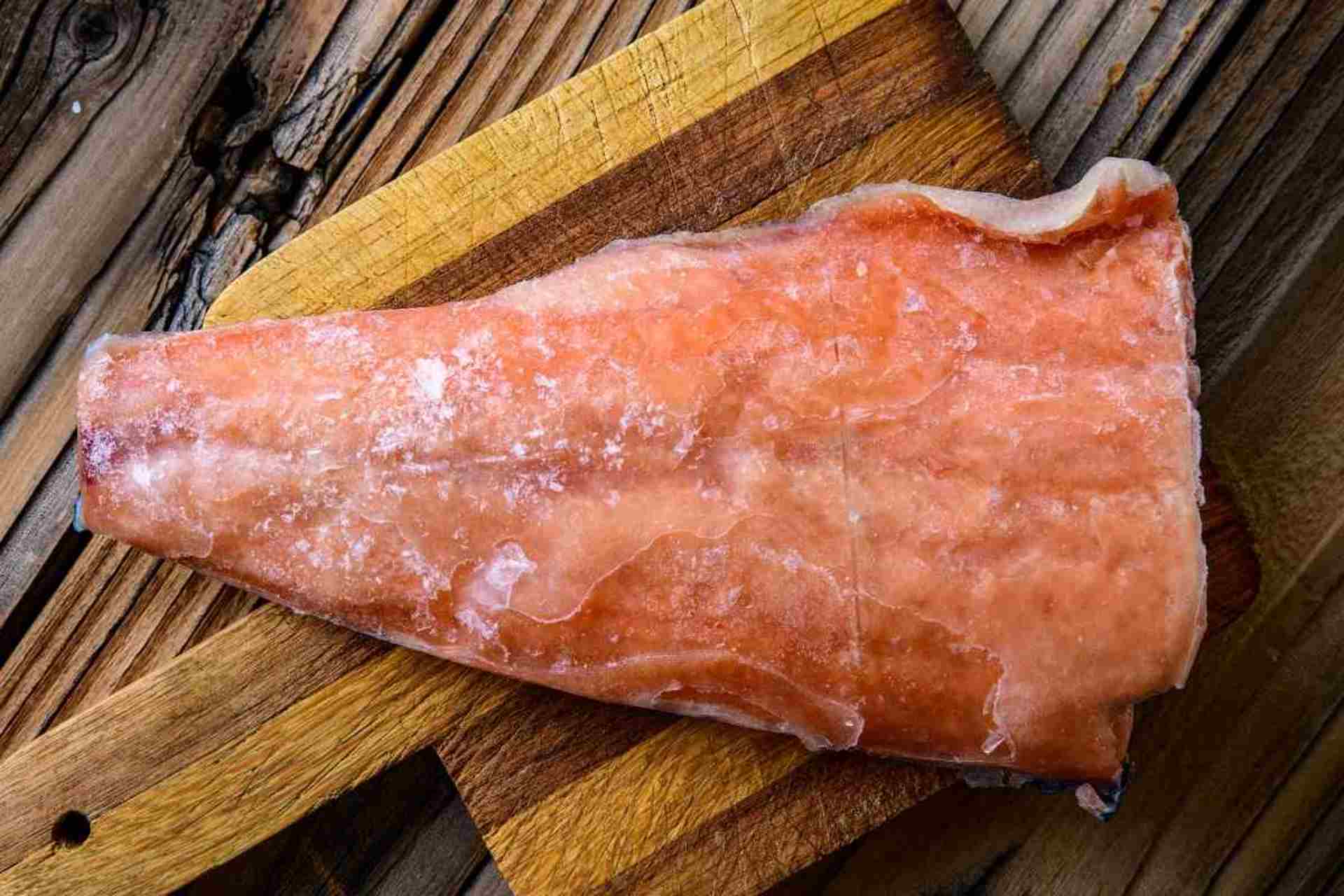

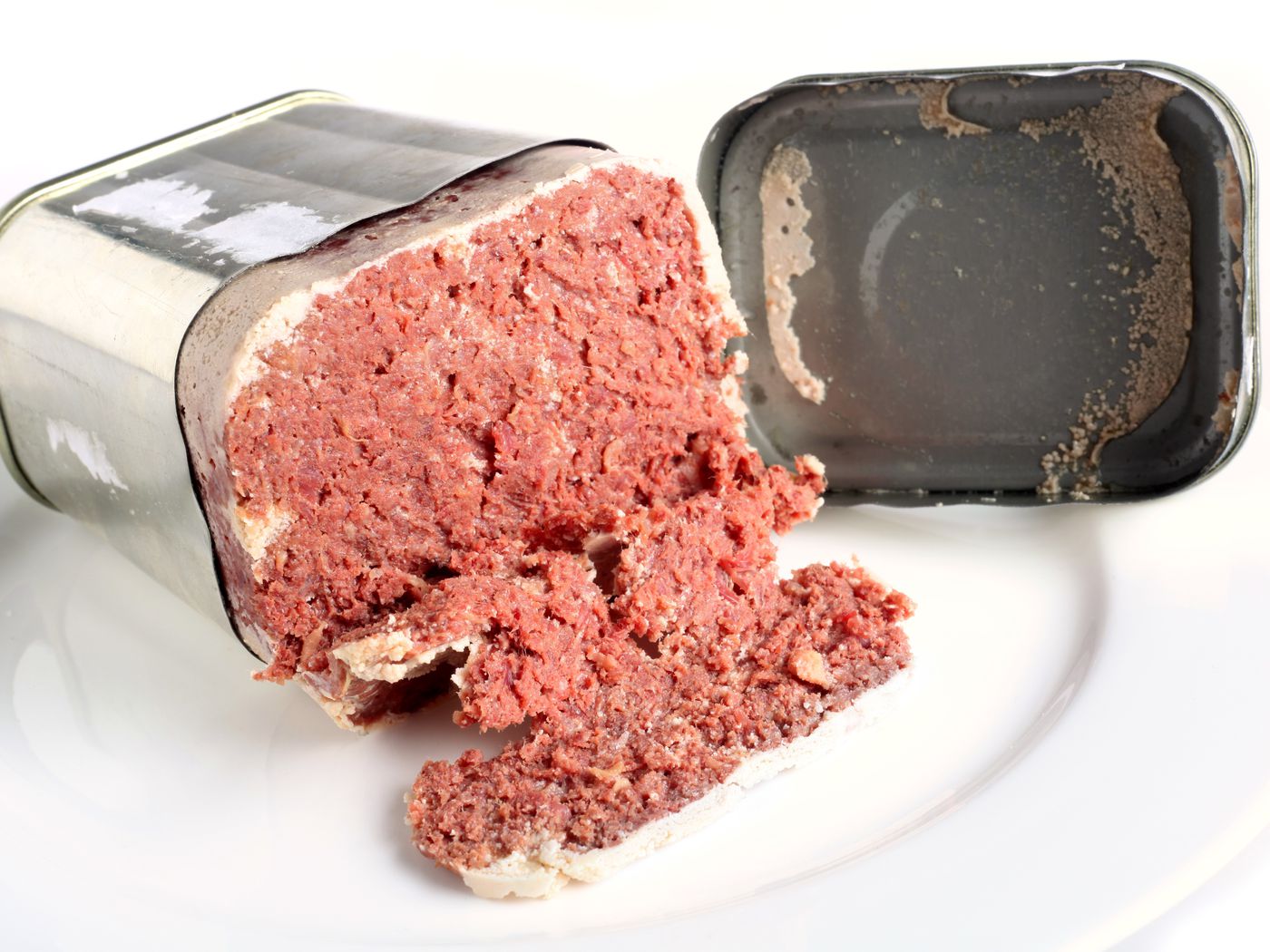
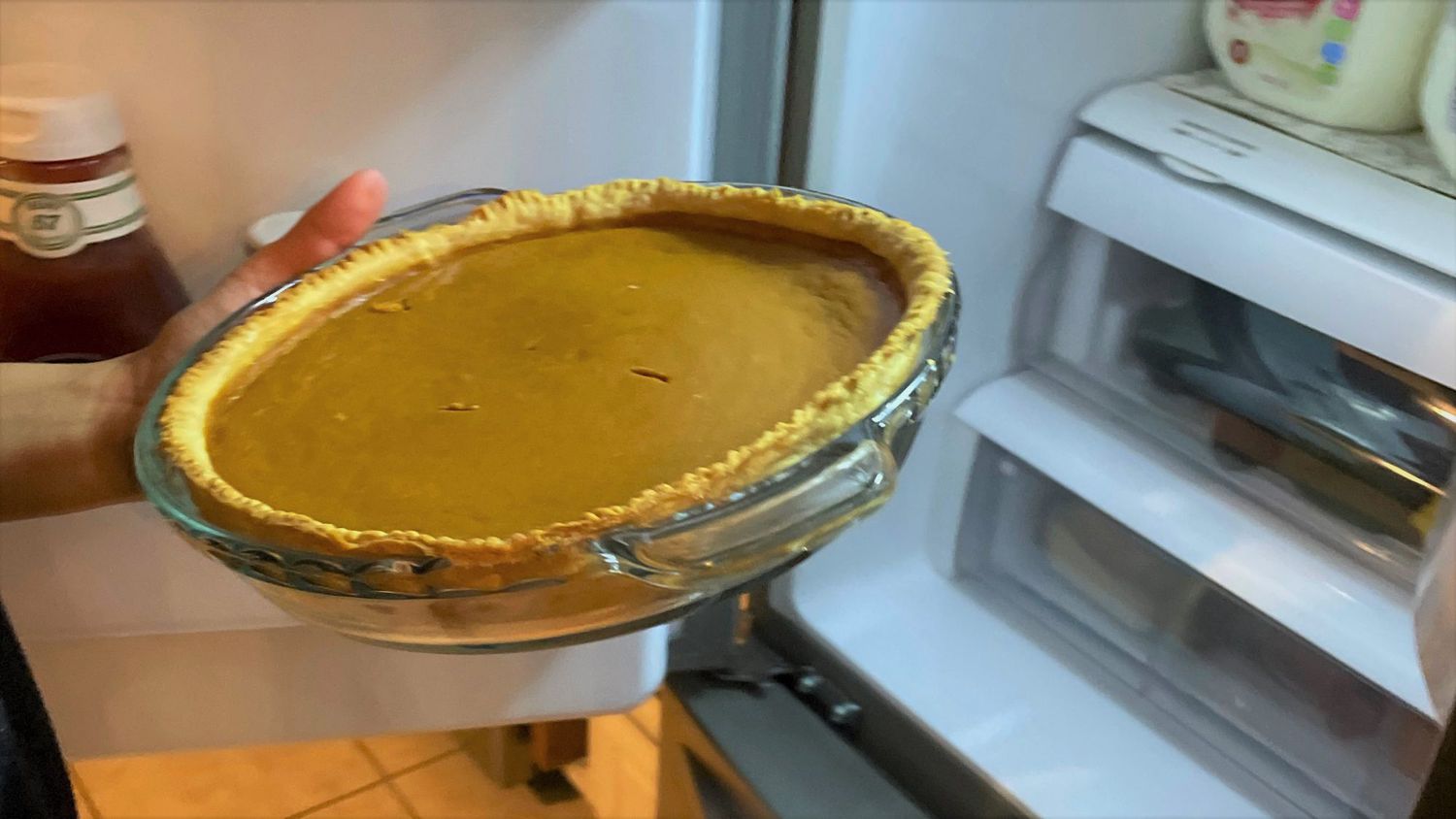
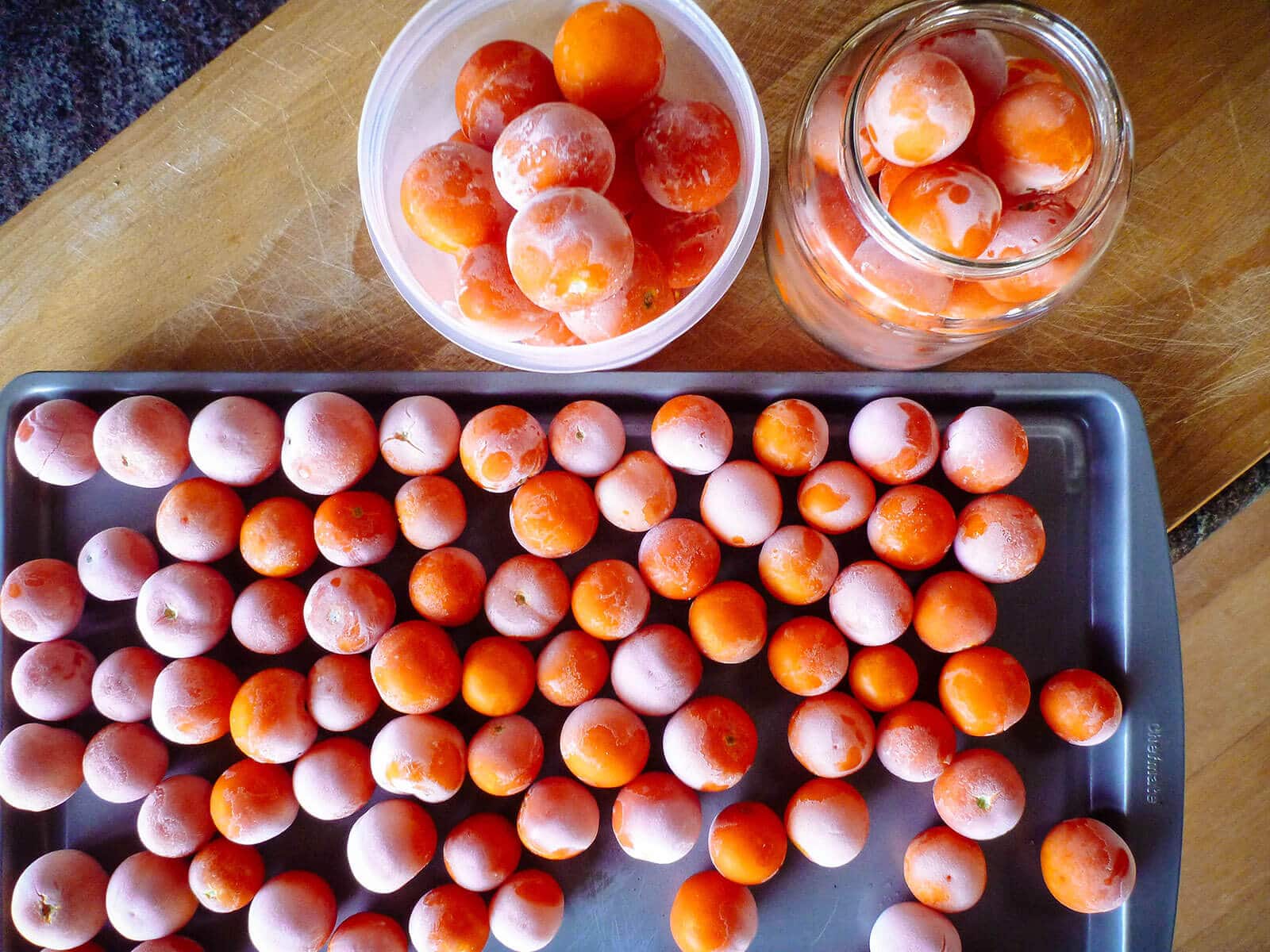
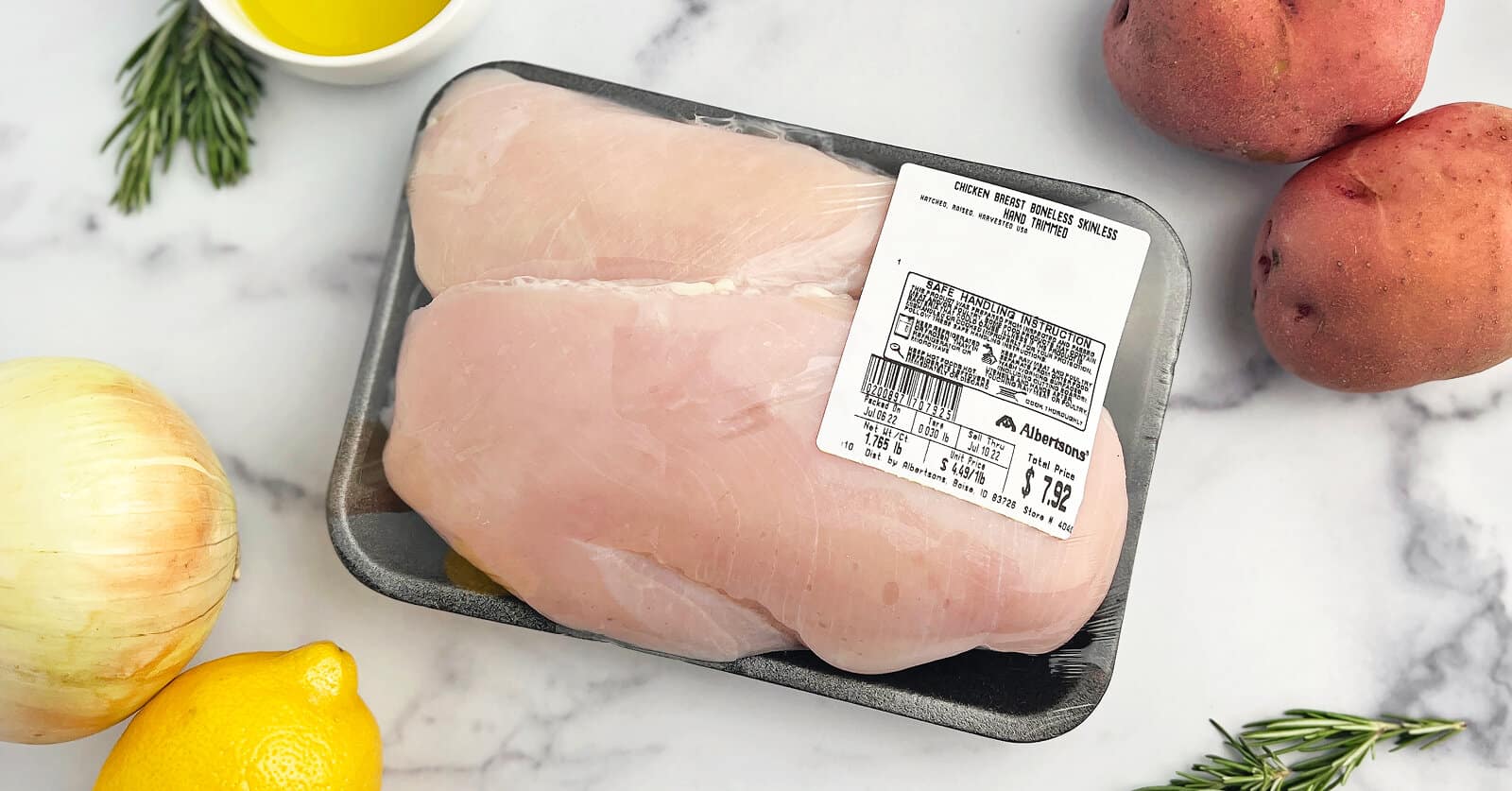

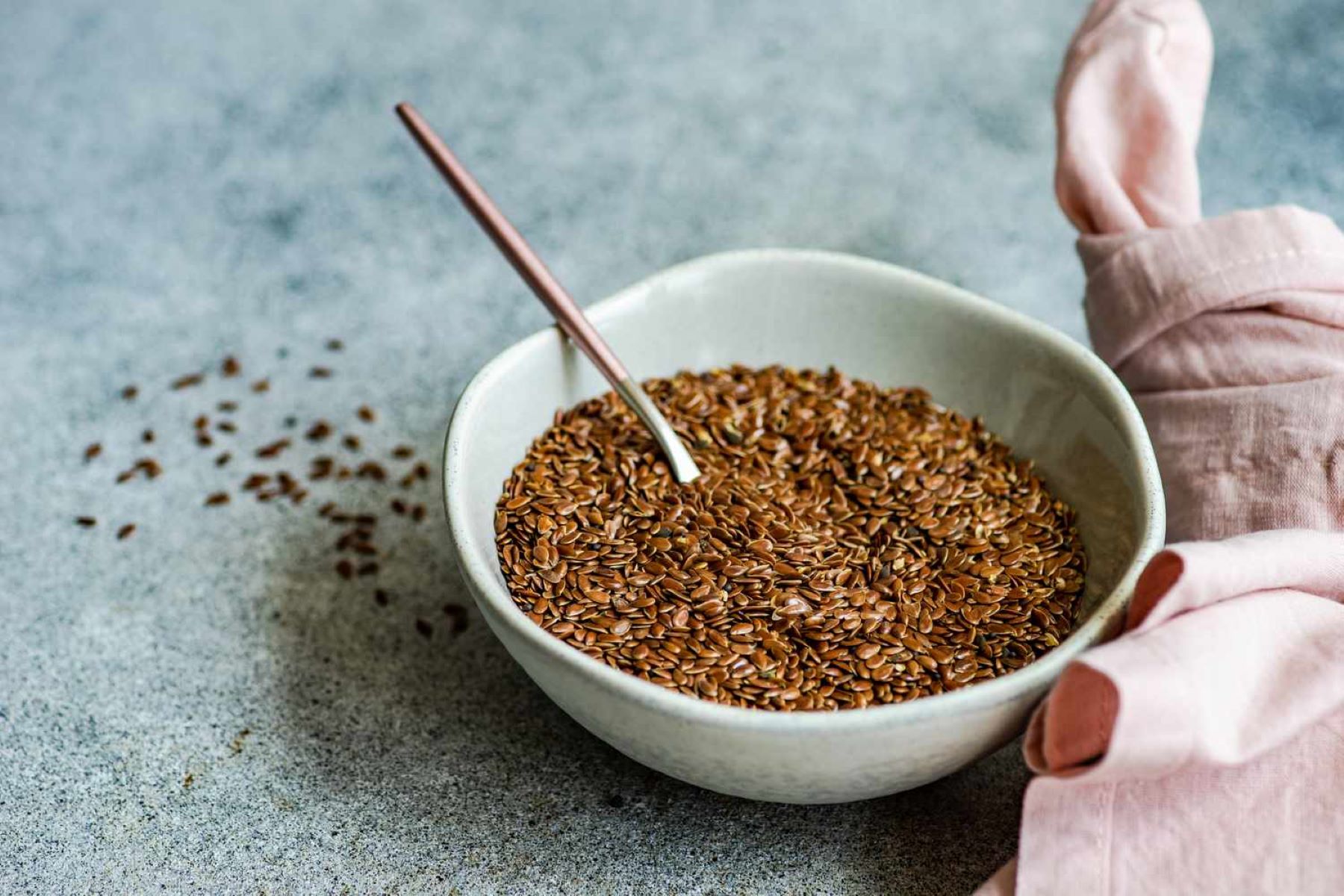
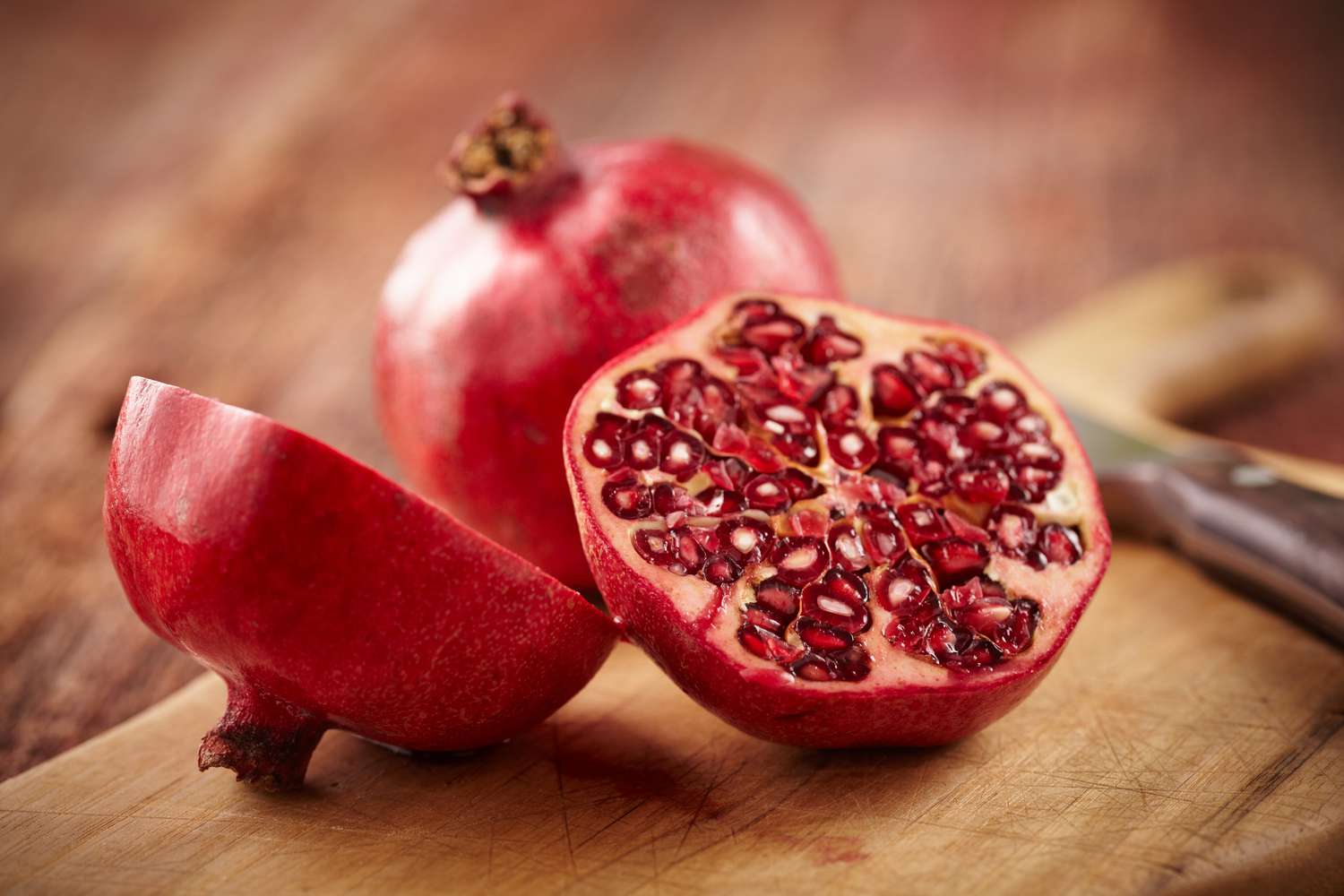
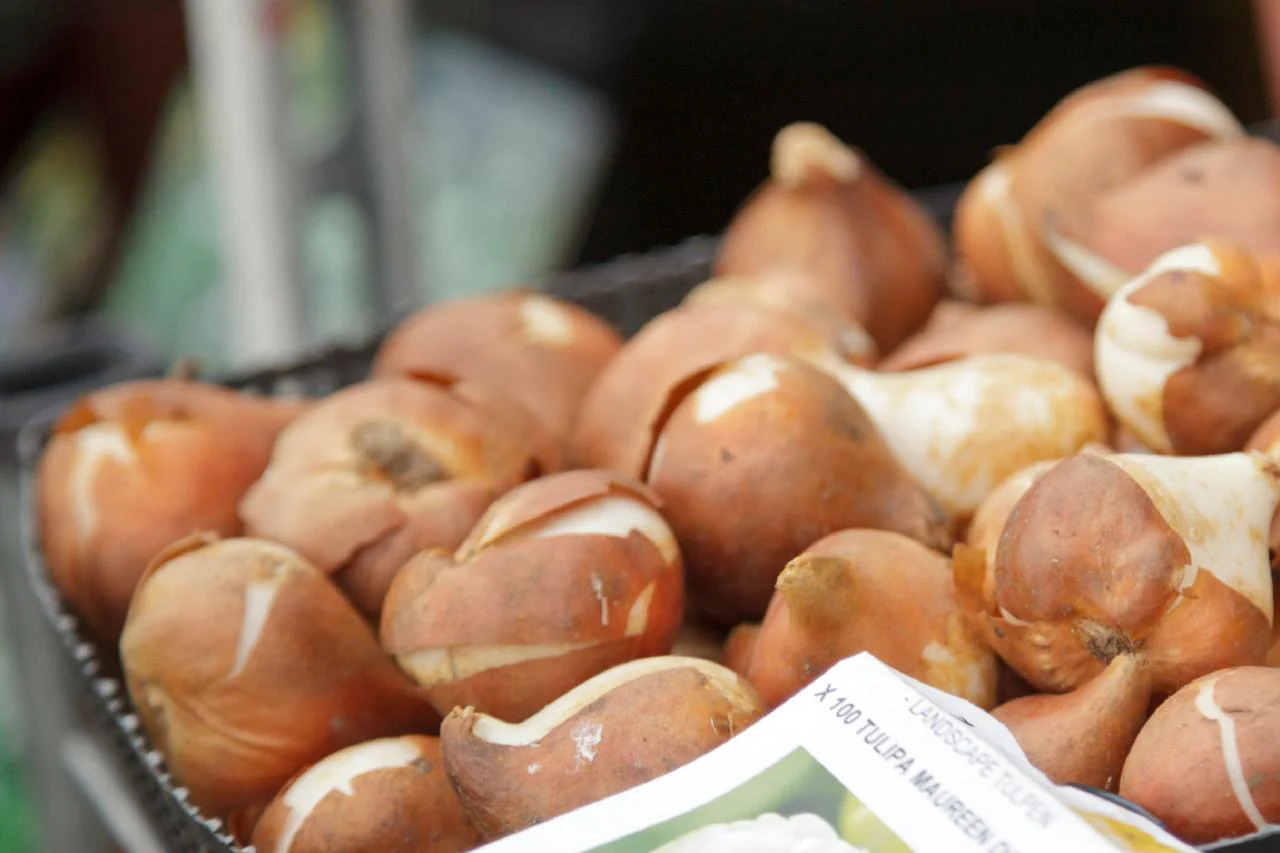
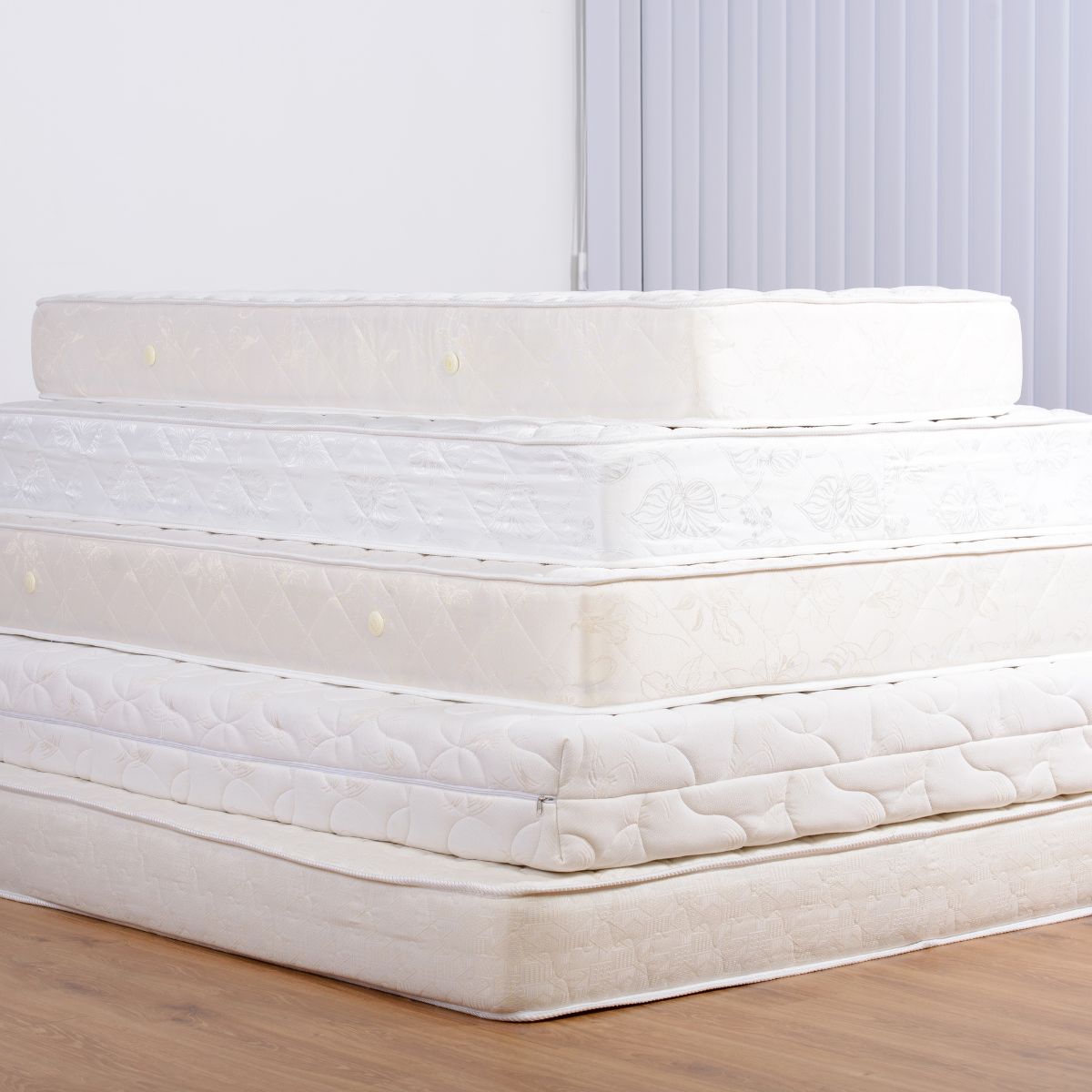
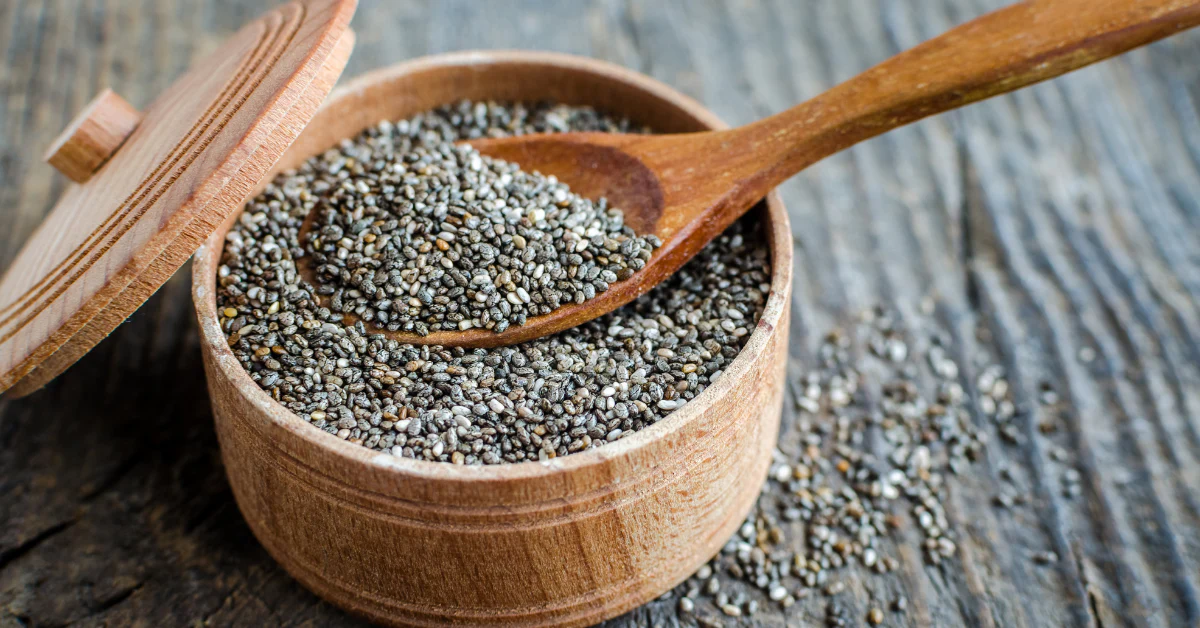


0 thoughts on “How Long Can You Keep Alcohol In The Freezer”